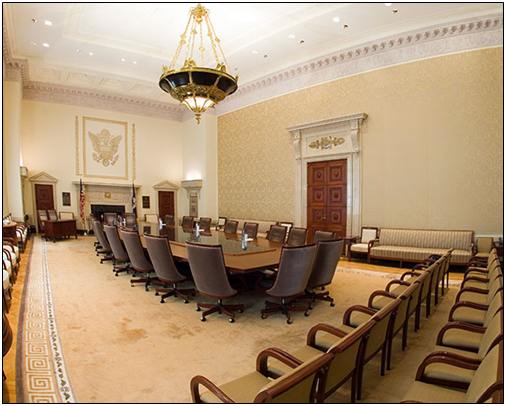Wall Street investors are betting that when it comes to a Federal Reserve rate hike, it’s likely not going to happen until December.
But if the Fed is just planning to hike the federal funds rate anyway — which currently stands at a miniscule 0.4 percent — it should just get it over with. Rip off the Band-Aid.
A primary reason to act now and not wait until December is to avoid the appearance of acting politically. In this perspective, a rate hike now is currently viewed as damaging the White House incumbent party, the Democrats, and Hillary Clinton’s chances of getting elected in November.
So, if the Fed now postpones action, it will automatically be portrayed as a bailout of Clinton and a favor to the Democrats. That politics trumped good policy, since everyone knew the Fed was going to hike the rate later. Therefore, the Fed is a political institution, and not the independent actor fairy tale that’s peddled to the public.
This could lead to further political calls among Republicans in Congress to remove that form of decision-making away from the Board of Governors, perhaps by letting larger banks just set the low rate themselves. Or even making the federal funds rate publicly traded via some investment vehicle.
The point is that for every political action, there is a political reaction. And if the Fed behaves politically now, it will most certainly create a larger target on itself in the future. It’s supposed to be independent. It’s supposed to be above short-term partisan considerations. Well, now’s the time to prove it.
In many ways, the current dilemma is the Fed’s own creation, for waiting too long to hike rates in the first place, which have been at near-zero for almost a full eight years. Now, with the economy growing at less than an inflation-adjusted 1 percent annualized so far this year, we could be on the brink of another recession — we average one once every six to seven years — leaving the Fed with little to no wiggle room to cut rates during the next downturn.
A secondary reason to raise rates now is precisely because markets are betting that rates won’t be hiked today. This avoids the appearance of impropriety where big traders have the inside track on a December rate hike and get to adjust their portfolios accordingly with 3 months’ lead time.
Then the decision to not hike today will be viewed as not only a political move to help a favored presidential candidate, but a financial decision to help out privileged Wall Street insiders and banks.
Whereas a hike now, while temporarily destabilizing equity markets, would catch enough people off guard that nobody could say it was motivated to bail anybody out. Pundits would applaud the Fed’s courage for going against the grain, even as investors squealed.
For, the central bank should be warned that a political move to forestall a hike now to help Clinton and Wall Street investors, could ultimately backfire politically. It would help fuel the perception of a rigged system — and perhaps be rejected by voters, who then might have even more incentive to not only vote for Donald Trump, but for a new Trump administration and a Republican Congress to have an ax to grind against the Fed in January.
Particularly if Trump wins the election, and then the Fed tries to knee-cap the new administration with a fresh rate hike in December. The succession of moves would again be viewed through a political lens, and create fresh ammunition for Fed skeptics to propose alternatives that could very well undermine the central bank’s vaunted independence — and for the new administration to extract a price for undermining it on its way in.
Which, is the downside to behaving politically with the American people’s money. When you play favorites and try to pick winners and losers, eventually you bet the wrong way.
The headwinds against a Clinton victory in November are already strong. Does the Fed really want to risk provoking public backlash by postponing a rate hike until December, feeding the perception that the financial establishment and the banks favor Democrats?
The point is that if conditions are already ripe for the Fed to hike its rate upwards to get out ahead of the next recession, then it might as well just get it over with. They could be in a damned if they, damned if they don’t if their goal is to help out Clinton. Good luck trying to explain why it was a bad time to hike now but not in December.
Robert Romano is the senior editor of Americans for Limited Government.







